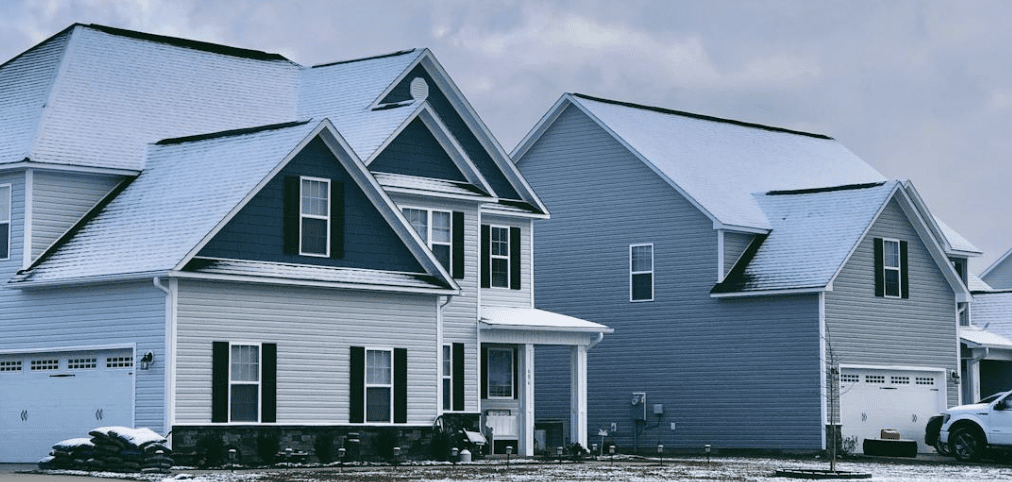Tips to Make Buying a Second Home Easier
Tips to Make Buying a Second Home Easier
Blog Article
A Complete Guide to Buying a Second Home
Investing in a 2nd house has turned into a common financial and lifestyle selection for many. Whether you're considering a vacation vacation or a buying a second home and renting the first, purchasing another house comes using its possess group of problems and considerations. Below, we breakdown essential factors to weigh before making this substantial investment.

1. Understand the Economic Commitment
Running a second house means doubling through to costs such as for example mortgage funds, property taxes, maintenance, and insurance. Based on the National Association of Realtors, 72% of second-home consumers finance their buy with a mortgage. What this means is you'll need certainly to budget for an additional pair of continuous costs. Moreover, lenders frequently involve greater down obligations (commonly 20-30%) and cost larger curiosity costs for 2nd mortgages to mitigate risk.
It's also wise to factor in concealed costs like preservation and fixes, which can average 1-4% of the property's value annually, with respect to the place and era of the home. If your next house is found in a high-demand holiday area, opting for property administration companies can more improve prices but also simplify letting out your property.
2. Consider the Spot Logically
The location of your second house can somewhat effect their long-term price and utility. Essential facets to consider contain local real estate market styles and home gratitude rates. Zillow Research shows that homes in coastal areas often enjoy by typically 4.1% annually, larger than the national development of 3.8%. However, seasonal adjustments, distance to amenities, and availability may also perform crucial functions in your decision.
If you're purchasing the home as a secondary home, consider how frequently you'll actually visit, particularly if vacation can become inconvenient or costly. Meanwhile, if you're purchasing a hire property, research vacancy costs and hire demand in the area. For instance, Airbnb information highlights that houses in urban locations have lower vacancy costs than rural holiday rentals.
3. Tax Implications Can't Be Dismissed
Buying an additional home presents more complex duty scenarios. A second property categorized as your own home means you can however deduct mortgage interest and home taxes within IRS-defined limits. But, hiring it out for significantly more than 14 times a year shifts it in to an expense property, requiring you to pay taxes on rental money while allowing working price write-offs. Consulting a tax advisor to ensure optimum filing is crucial before you shut the deal.
4. Plan for the Long-Term

While buying a 2nd house offers you options for rental income and particular enjoyment, contemplate their broader function in aiming with your economic goals. Analyze whether it will be a sustainable decision around time. Is it a pension retreat? An income-generating property? Or both? Having clarity on these goals can permit you to produce knowledgeable conclusions regarding its consumption and profitability.
By cautiously evaluating your financial position, market trends, and long-term needs, you can mitigate dangers and increase the advantages of having a 2nd home. Take some time to analyze, consult specialists, and assure you produce a really sound investment. Report this page